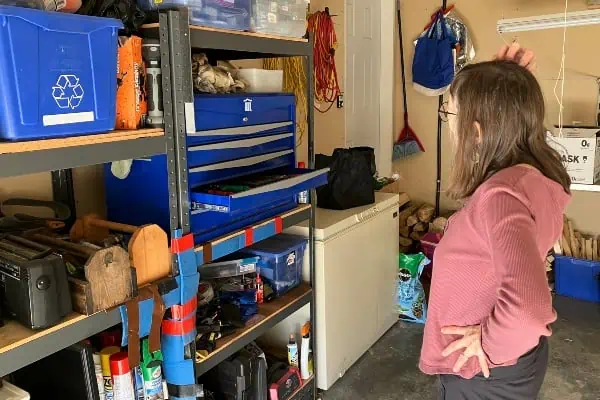
I’m delighted to join the “Grey Matters” team of writers—partly because they are women I like and admire, but also because I’m intrigued by grey matter (yes, brains!).
Over the decades, I was a teacher in a variety of settings—elementary school classrooms, dance studios, university teacher-training programs, and workshops about integrating the arts into core curriculum (like teaching the science of space through visual art, or fractions through music, or poetry through dance). I love making teaching and learning multidimensional and fun.
I speculate about how the brain works for all of us as we find ourselves or put ourselves into educational situations. When we talk about childhood learning, we refer to the brain as being like a sponge. Kids just soak stuff up. We all learned at least one language by being around it. We picked up social skills without much direct instruction besides reminders to say please and thank-you. We learned our way around our neighbourhoods, even before we knew what right and left were all about.
Even the basic three “R’s”—”reading, writing and arithmetic” (although requiring repeated exposure and practice)—get soaked up, sponged up by most (but not all) kids. One day, a light bulb goes on and a learner says, “Oh, I get it.”
Later, the lessons to be learned and the tasks demanded get more challenging, and the passive sponge doesn’t do the trick anymore. The brain needs to learn to work like the proverbial steel trap.
I first felt this phase of brain usage when memorizing the multiplication tables in grade 3, when writing my first reports in grade 6 and when learning to take notes in history classes in grade 7 and 8, in order to do well on the challenging tests my teacher gave us. I got to like that steel-trap feeling. My brain felt like Pac-Man gobbling up everything in its path, feeling successful and seeking out more. I looked around and found all kinds of interesting ideas and topics and opinions in the world.
Sometimes I’d run into something that stymied my brain. The different areas of our brains (which specialize in language, or math, or movement, or music, or social or spatial awareness) may have varying degrees of development and ability. I ran right up against that reality when, after marrying an immigrant to Canada from Germany, I figured I would learn German. Goodness, the grammar is complex. I plugged away at it for a few years until, finally, during an intensive language class at the Goethe Institute in Germany, I told my instructor that the grey thing in my head (not knowing the word for brain) was too full. I gave it up soon thereafter. And sometimes I have to give up on trying to fix things that are broken and ask someone else to do it for me.
It makes sense that we’d all stick with the steel-trap brain while still in the workforce where we have to stay alert, on task and able to solve problems. So, one of the great things about retiring is letting the brain relax. I call it “ocean brain. ”When I let go of repetitive and obsessive remembering, stop planning or worrying about a hypothetical future and quit getting distracted by craziness in the present, then I float in that ocean. It feels as though my brain extends way beyond my body, way out yonder. I know lots of folks find ocean brain when they’re younger, through meditation practices. I’m happily devoting my senior years to swimming and floating in this great big mental space, courtesy of the grey thing in my head. Grey matters!




